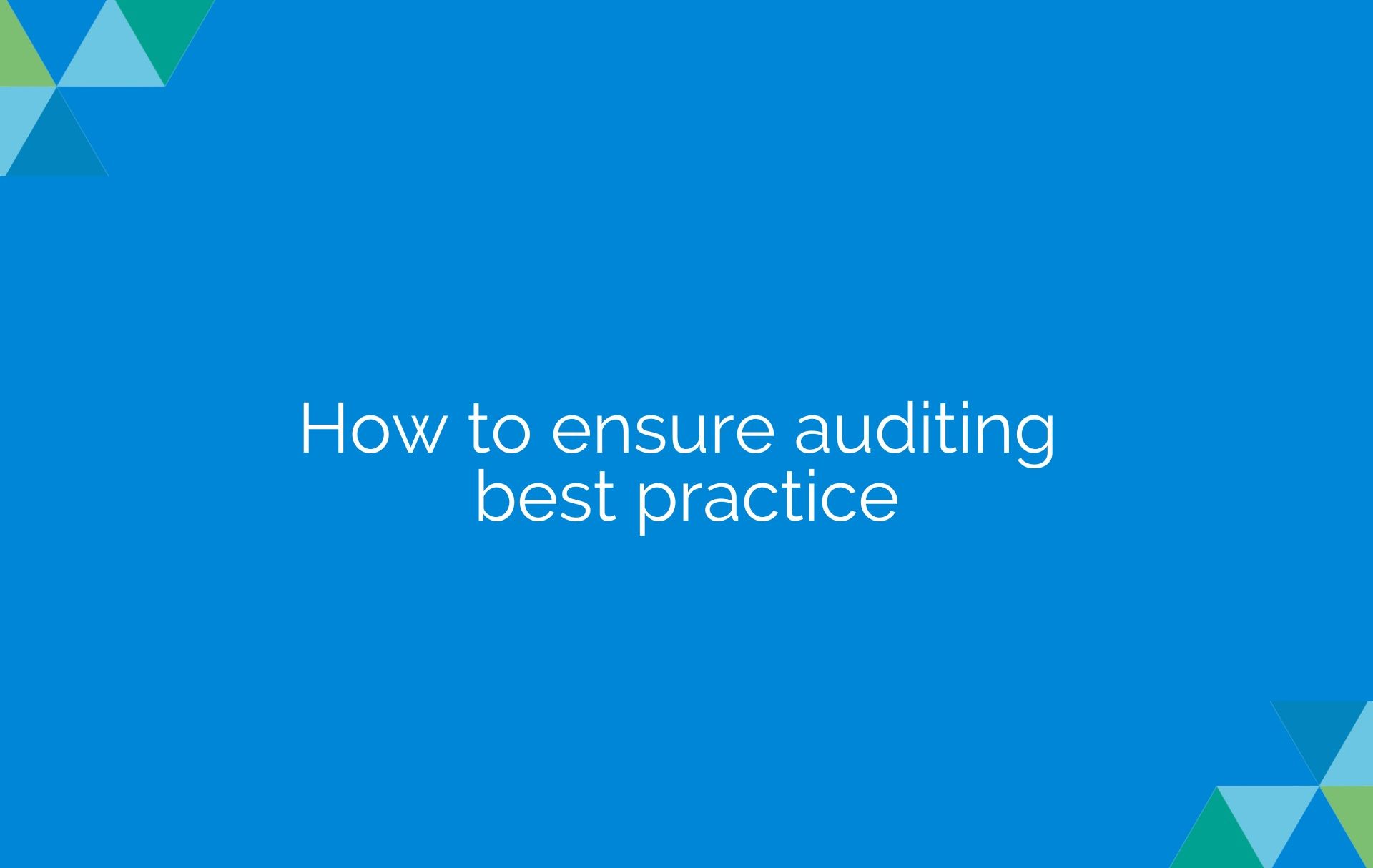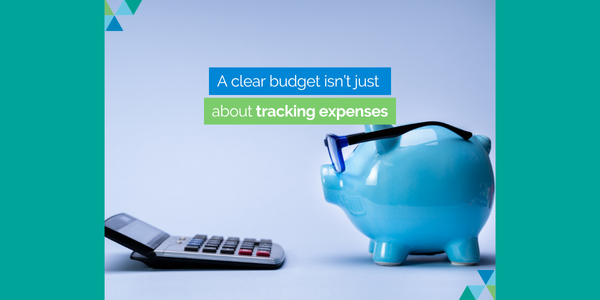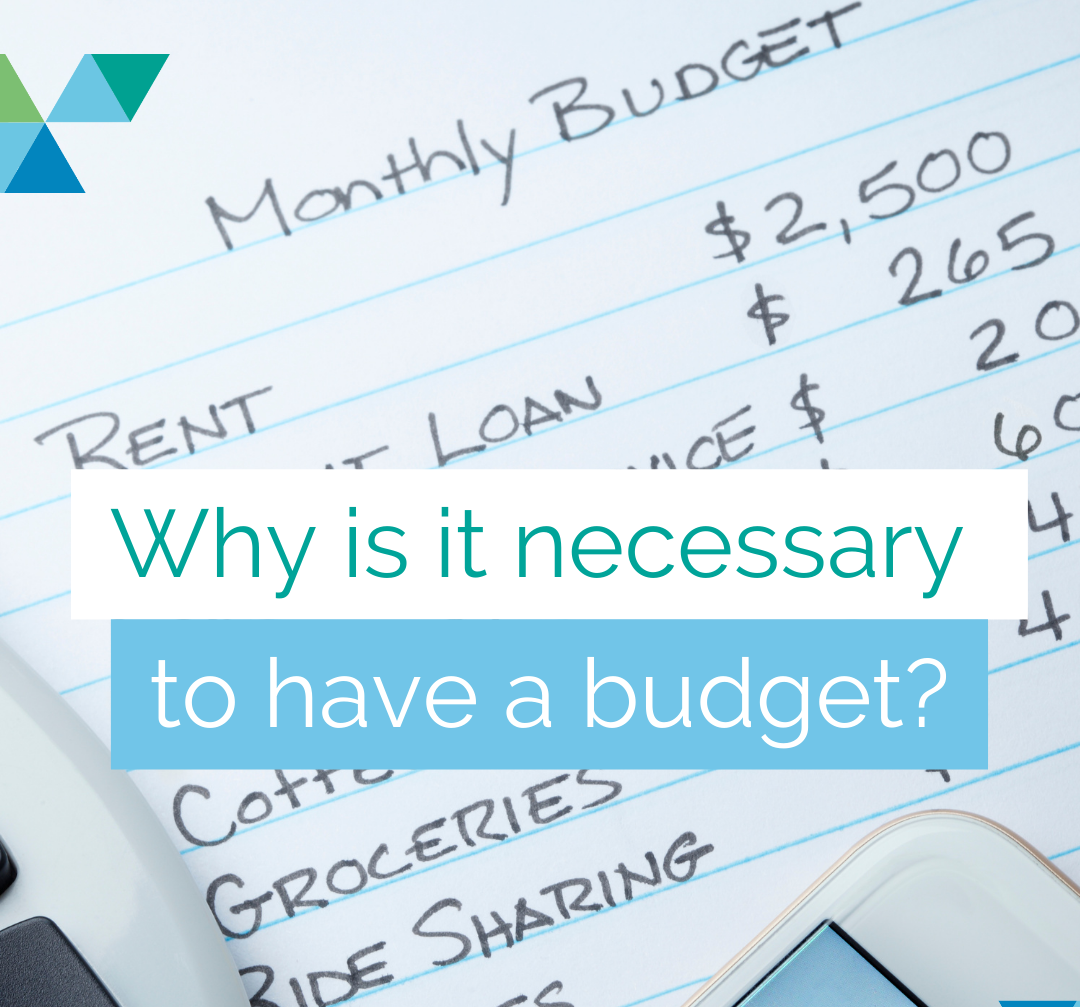The Devil is in the Detail – How Boards Can Ensure Audit Best Practice

Selecting an auditor is a critical decision for any organisation, and it requires careful consideration. An auditor is responsible for reviewing and providing an independent opinion on an organisation's financial records, compliance with regulations, and internal controls.
To ensure the auditor's expertise and suitability, Dan Wade, Director, and Registered Company Auditor at Wrights Chartered Accountants recommends that organisations take specific steps, to both select the ideal auditor for your organisation, as well as best practices for getting the most out of your auditor.
How to select the ideal auditor for your organisation
While the decision of who to select as your auditor is an important one, it does not have to be a complex one.
Here are the some of the key steps that Dan recommends an organisation can take to select an auditor:
1. Identify the needs and scope of the audit.
Before selecting an auditor, identify the specific needs and scope of the audit for your organisation. This includes determining the type of audit required (financial, operational, compliance, etc.), the time period to be audited, the industry knowledge required.
2. Develop a list of potential auditors.
Once the scope of the audit is identified, you can develop a list of potential auditors. This can be done by asking for recommendations from other organisations or industry associations, conducting online research, searching ASIC, or contacting accounting or auditing firms directly.
3. Evaluate the qualifications and experience of potential auditors.
It's important to evaluate the qualifications and experience of potential auditors to ensure they have the necessary expertise to conduct the audit. This may include reviewing their credentials, industry experience, and previous audit work.
4. Request proposals
After identifying potential auditors and evaluating their qualifications, the organisation should request proposals from a shortlist of candidates. The proposal should include details such as the scope of work, the fees, the timeline, and the auditor's approach to the audit. It’s a good idea to also request to speak to referees at this point.
5. Conduct interviews.
When conducting your interviews with the potential auditors, be sure to ask more detailed questions about their approach to the audit and to get a sense of their communication style and fit with your organisation. Also, make sure that they have the capability to take on your audit and that they won’t be stretched for resources around key times of year.
6. Make a selection and formalise engagement.
After completing the evaluation process, you can select an auditor based on the criteria that are most important to your organisation and formalise the engagement by signing an engagement letter that outlines the scope of work, the fees, and the terms and conditions of the engagement.
How to get the most out of your auditor
An auditor is employed on behalf of the entity, not on behalf of management and for this reason the Board of Directors of any organisation have an obligation to obtain reasonable assurance that the financial report of the organisation is free of material misstatement.
This means that at a minimum, the board should meet with auditor for signing off the accounts. Ideally the board will have already come together to have discussed the findings of the audit report and financial performance prior to singing off the accounts.
If you are meeting with your auditor annually to sign off the accounts, be sure to ask questions about anything that is not clear to you. As a director, it is your duty to focus on the need for audit quality due to the nature of your direct accountability and fiduciary responsibilities to the company.
If your organisation is large enough to warrant interim audits, we recommend that your auditor present the findings of these interim audits at a regular board meeting for discussion.
Selecting an auditor is a significant decision that can impact an organisation's financial stability and reputation. By taking the steps outlined above, organisations can ensure that they choose the right auditor for their needs.
Additionally, it's important to get the most out of your auditor by meeting with them regularly and asking questions, especially during the signing off of the accounts. By following these best practices, you can have confidence in your auditor and ensure the integrity of your financial reporting.
…….
Wrights Chartered Accountants Auditors utilise the latest technical software which benefits our clients as it allows us to deliver a cost-effective, risk-based, paperless audit and ensuring that our team have the latest and most up to date knowledge of the International Accounting Standards, Australian Accounting Standards, and the Australian Auditing Standards.
If you would like more information about our internal and external audit services, please contact us on 02 6566 2200.










